Algiers: The Capital of Beauty and Civilization
Algiers is charming as it overlooks the western Mediterranean Gulf, extends towards the northwest at the foot of a mountain called Bouzareah.
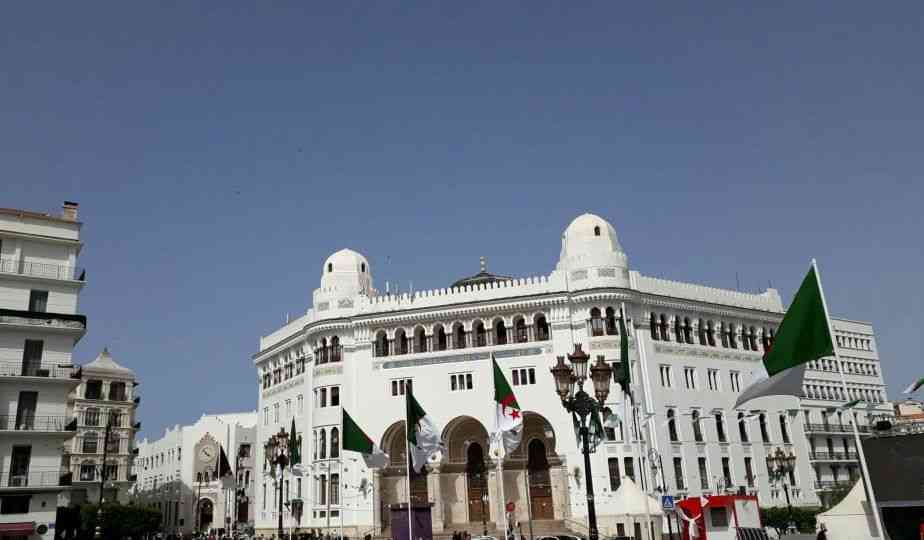
Algiers is the most densely populated city, home to a population of about five and a half million people. It is located in the north of central Algeria. Its view is charming as it overlooks the western Mediterranean Gulf, extends towards the northwest at the foot of a mountain called Bouzareah. In contrast, it extends towards the east behind an estuary known as El Harrachvalley.
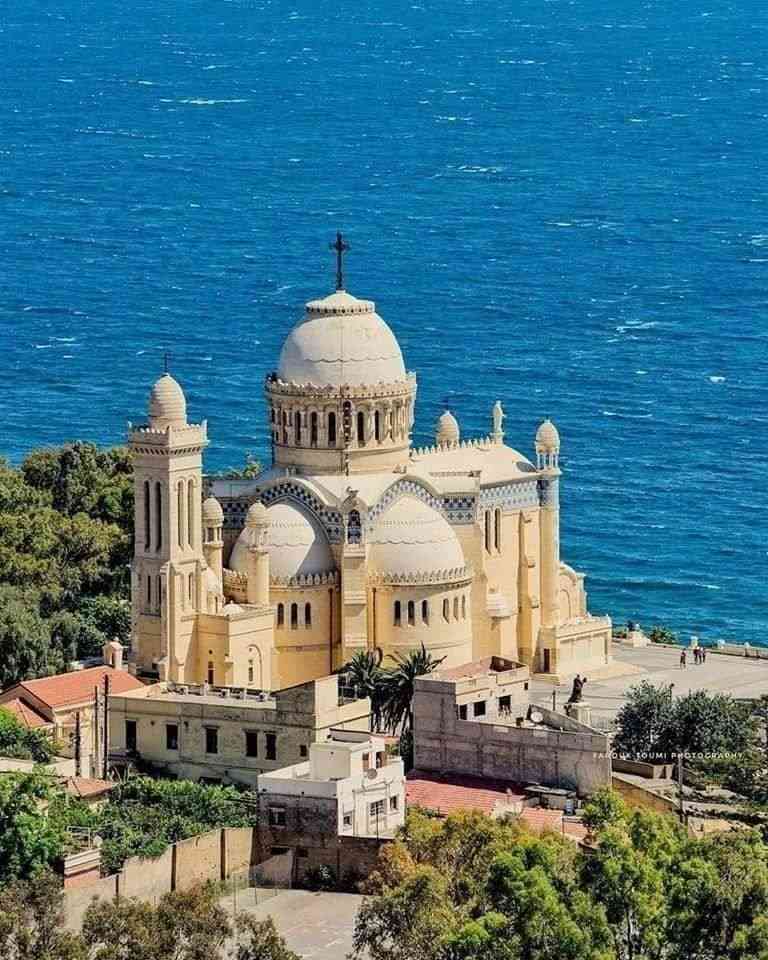
The city consists of two parts: part known as the Kasbah and another part located at the level of the coast near the sea level.
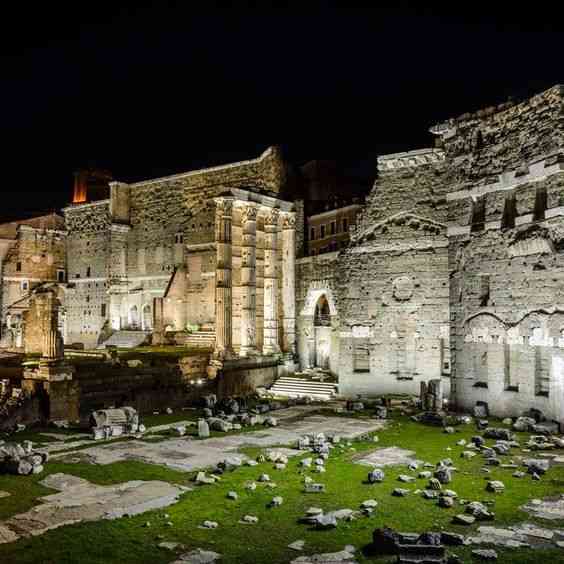
The capital of civilization
Yes, it is the capital of civilization and history, as it was founded by the Phoenicians in the third century AD, then it was subjected to the famous Roman rule, and at that time, it took the name Aecosium, which is a Latin word meaning island. Still, after the collapse of Roman rule, many Muslims escaped from the oppression of the Inquisition in Andalusia after the demise of the Islamic caliphate thereafter nearly eight centuries of prosperity, the effects of which are still present in Spain and some Portuguese cities.
In the year 1511, the Ottomans entered it under the leadership of Commander Khair El-Din Barbarossa. It gained independence from Ottoman rule in the eighteenth century, but unfortunately, it fell after that under the rule of the French who committed atrocities in the general of Algeria. This lasted for 132 years that ended with the expulsion of France in 1962.[1]
The capital of beauty
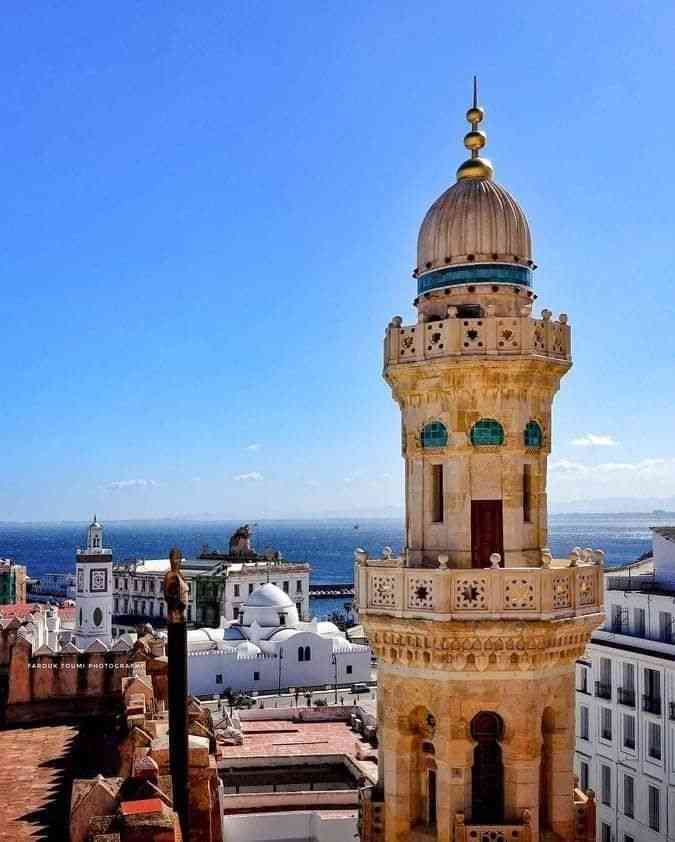
When we say that the city of Algeria is the capital of beauty, it is really the capital of beauty as it contains many places worth visiting and enjoying looking at them, here we show you some of these places:
The shrine of the martyr:
A monument to the Algerian-French war, built on the twentieth anniversary of Algeria's independence, it is an architectural masterpiece worth a visit.
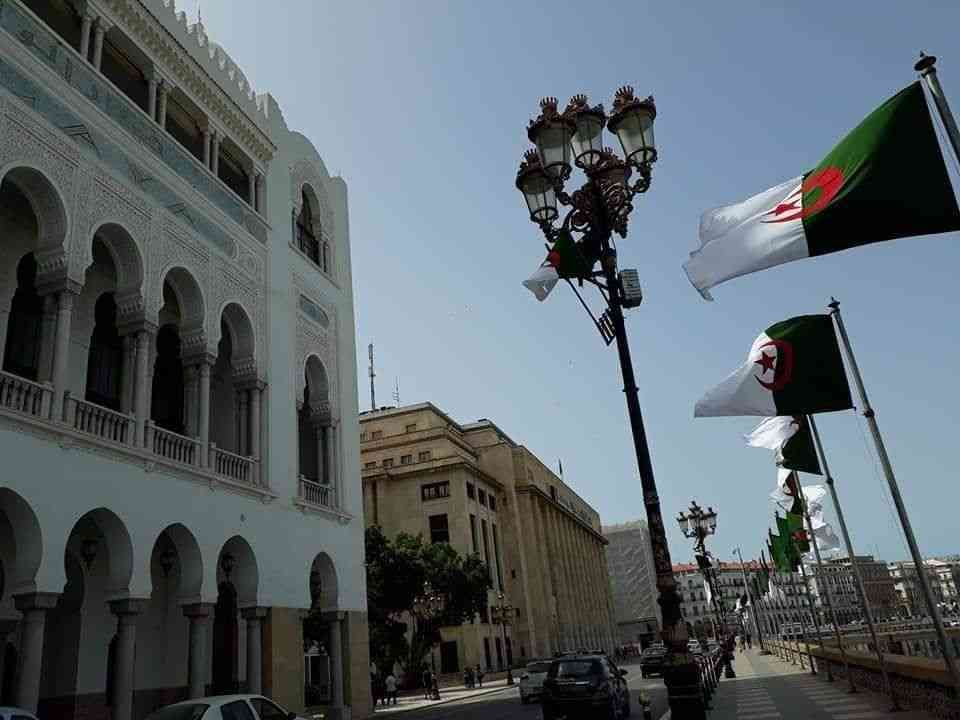
It consists of three stone palm leaves. Below each palm leaf, there is a soldier statue symbolizing the three eras of the Liberation War, that rise from the ground and meet at a certain height at one point, its height is 92 meters, and you can see it from different places around the city.
The National Mujahid Museum
One of the most prominent museums in the Algerian capital. It contains many historical pieces dating back to the period of the struggle that led to the liberation of Algeria from the occupation of France.
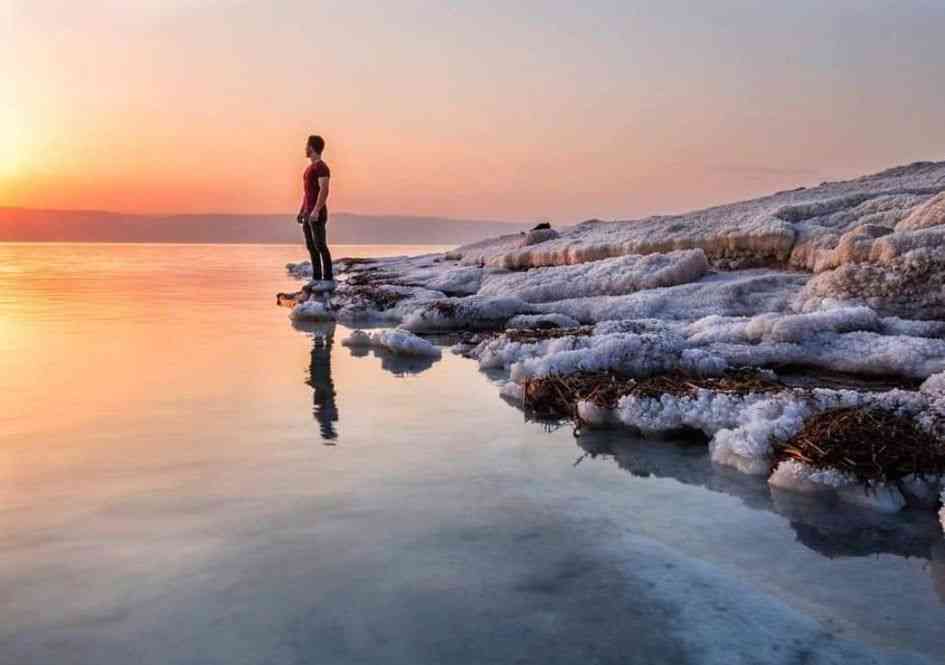
Roman baths
Today, residents use it for bathing. It was built in the first century AD by the Romans, who took its name from them, and it was modified in the time of the Ottomans.
Experiments Garden
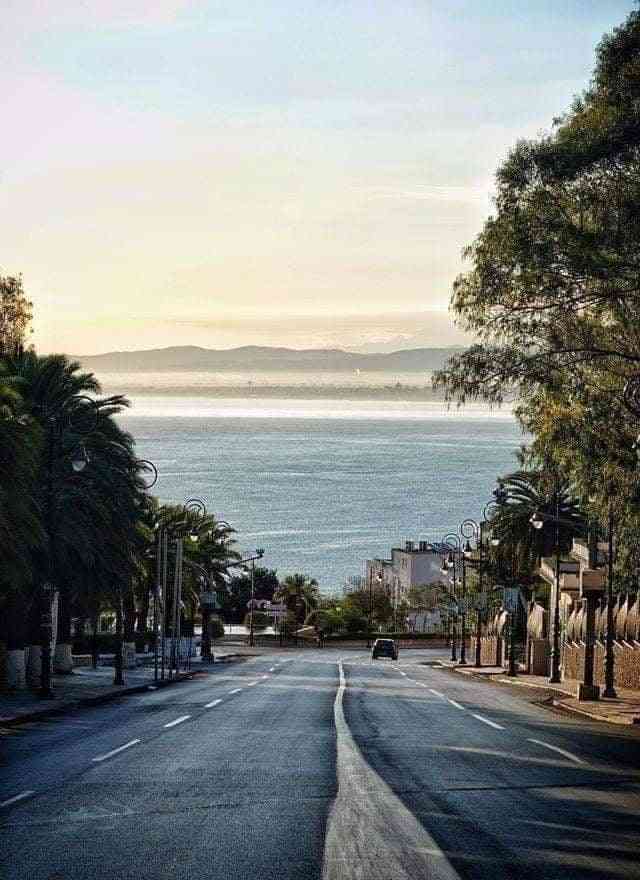
One of the largest agricultural warm tents, and it is the most beautiful garden in the city, was set up by the French to test some agricultural matters that specialize in growing crops.
Timgad ancient city
One of the many famous Roman ruins spread around the world.
African Lady Church
Founded in 1872 and designed by the French architect Jean-Eugene Fromage, it is an old Catholic church subjected to many restoration work and modifications that gave it its current form.
Designed in the shape of a large dome, blue and white mosaics surround the upper part of the church as if it were a scarf to make it more beautiful.
The church is considered a symbol of religious tolerance there, as the phrase “Notre Dame d’Afrique priez pour nous et pour les Musulmans” is inscribed on it, which is a French phrase meaning: African Lady, pray for us and the Muslims.[2]
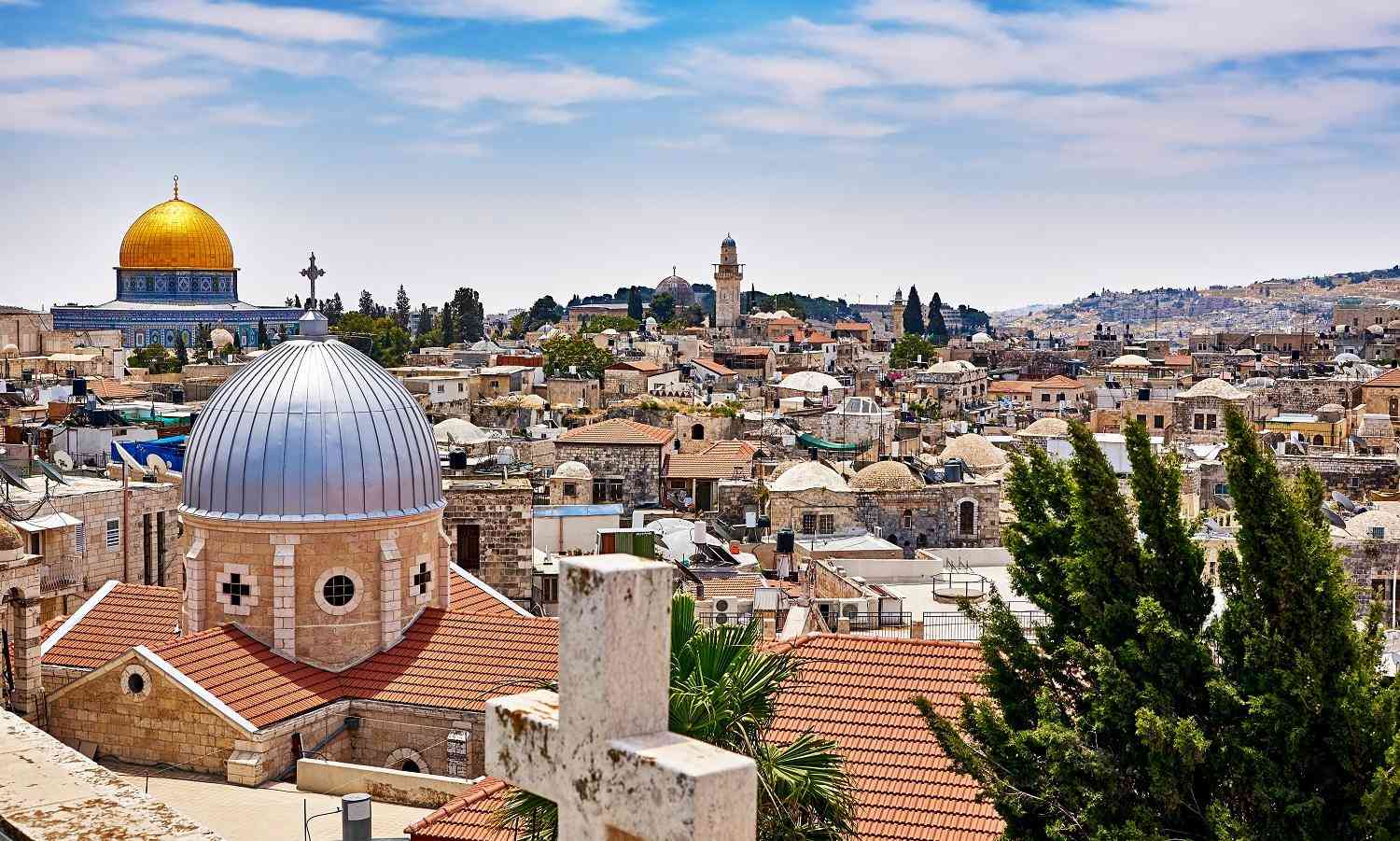
Jamila archaeological site
It is known as Quicole or a beautiful city, and it is also a Roman landmark, just like the Roman cities in the world, containing amazingly distributed markets, spacious baths, ancient temples, and many distinctive Roman columns.
The stalk"al qasabah"
It is considered an important historical architectural heritage, as the city of Algeria is distinguished by its ancient Islamic and modern European sections, and the Kasbah is the ancient side of the city, containing many beauty as well as many revolutionary stories there.
It is also distinguished by its ancient castle, sacred mosques, and narrow streets. It also contains the National Library, the University of Algeria, the Astronomical Observatory and the National Museum.[3]
Riad Al-Fateh
It is also one of the beautiful landmarks in the city. It is a commercial complex with a cultural flavor, which includes markets with popular products and others, and it will not forget you if you are hungry, as there are many restaurants. You can conclude your visit there by going to the cinema ...
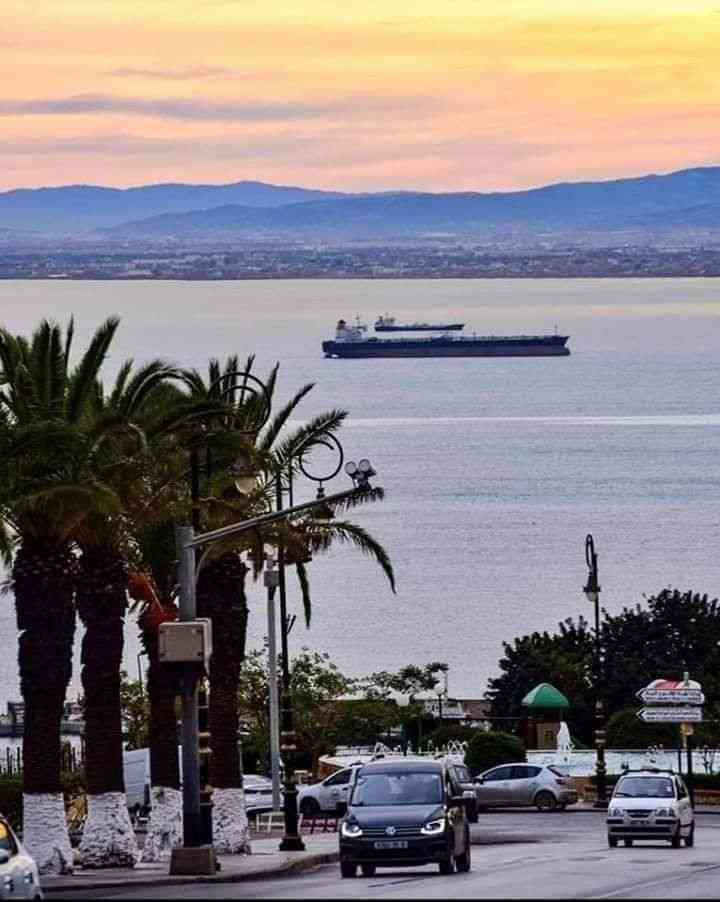
It also contains shops for handicraftsmen, for example, who paints on sand or make hoops by hand.
In the end, if you go to the city of Algeria, you will not only admire the buildings, markets and picturesque views, but you will be dazzled there by the kindness of its inhabitants, their genuine Arab generosity and their good morals.
Recommended reading:
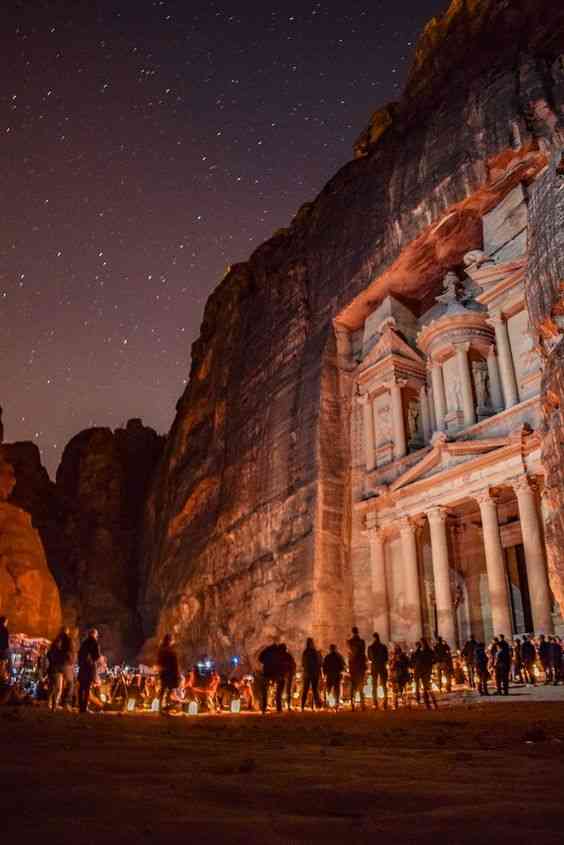
Sources:
[1]Al-Jazeera website: capitals and cities | cities and regions | Algeria
https://www.aljazeera.net/encyclopedia/citiesandregions/2014/11/11/الجزائر-العاصمة
[2]African Lady Church in Algeria ... When we are united
https://arabicpost.net/archive/2016/09/03/كنيسة-السيدة-الإفريقية-في-الجزائر-حين/
[3]The stalk
https://www.france24.com/ar/20191012-تذكرة-عودة-إلى-قصبة-الجزائر-أحياء-تاريخ-معالم-آثار


